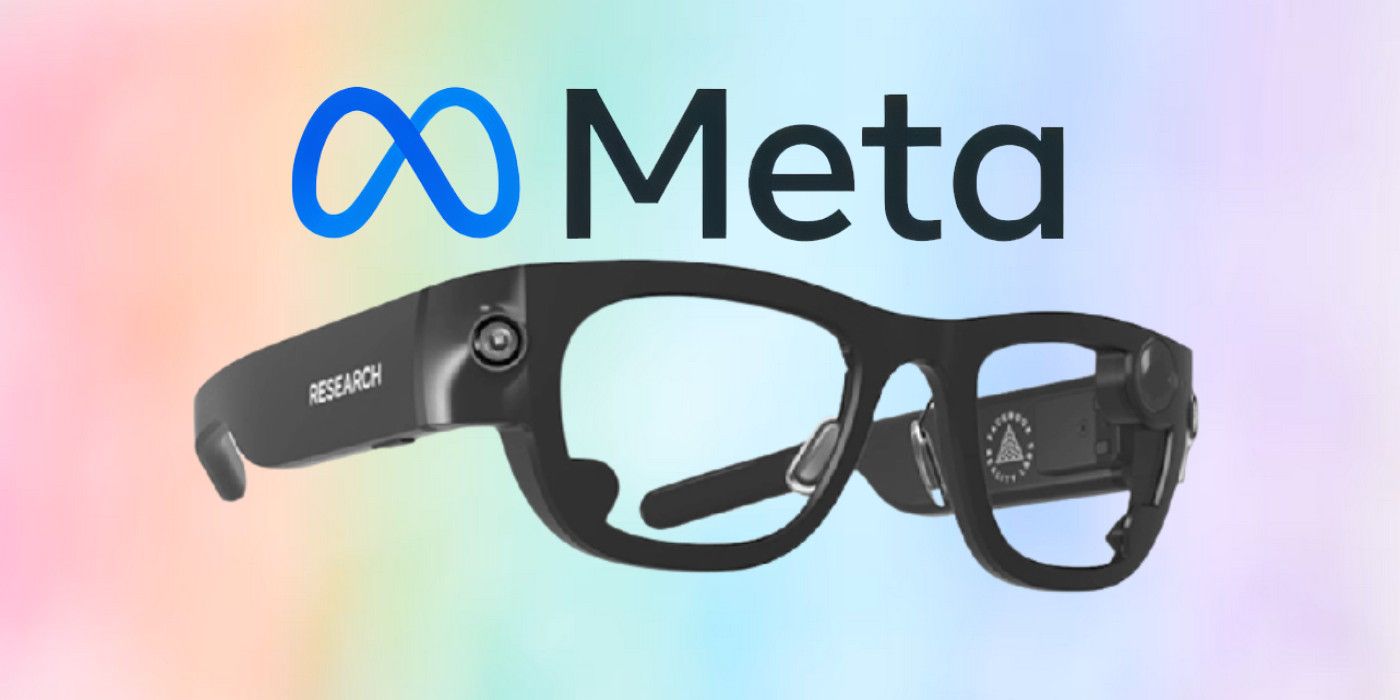Meta is reportedly reducing investments in AR/VR and scaling back ambitious plans for its augmented reality (AR) glasses amid global uncertainties and a slowdown in its revenue growth. Leading tech companies like Apple and Meta are betting on virtual and augmented reality to be the next big thing in tech. They are both said to be working on multiple AR/VR glasses and headsets, but very little is known about them.
In case of Meta, the company is working on a pair of AR glasses alongside its much-hyped Project Cambria headset that was recently teased by Mark Zuckerberg. Apple is also said to be working on a Mixed Reality headset alongside a pair of AR glasses that have often been discussed in the media. While Apple's AR/VR headset is expected to run the so-called Reality OS (rOS) that the company is said to be developing, there are no leaks about what to expect from the AR glasses.
According to The Information, Meta has dropped plans to launch its Project Nazare AR Glasses in 2024 and will instead prioritize the development of the second version of the glasses, codenamed Artemis. The first version of the glasses will now be a demo product rather than a commercial one. In addition, The Verge is reporting that the first version will be distributed to developers to help them create apps and experiences for future versions of the device. According to the report, Meta made the decision not to commercially launch the initial version of its AR Glasses as some of its features are still not ready for prime-time. Meta also reportedly ditched plans to release a quirky smartwatch with a detachable display and twin cameras. Artemis, however, is being prepped for a commercial launch, although the ETA remains a mystery for now. The company is reportedly also on track to launch a pair of entry-level AR glasses called Hypernova next year.
Meta Claims Its Wearables Plans Are Still On Track
Meta CTO Andrew Bosworth also tweeted about about the company's wearables plans this week, saying that its 'wrist wearables' and AR glasses will bring "completely new tech" to the market. While Bosworth did not admit any setback with the first-gen AR glasses, the Tweet did indicate that things haven't always gone exactly according to plan. "The path to groundbreaking products is not a straight line," he said. Bosworth also insisted that working on multiple prototypes at once is common for the industry and not necessarily a sign of failure.
Meanwhile Meta is also reportedly planning to stop making consumer versions of its Portal smart displays. Instead, the company will now market the them to enterprises for conference calls and other use-cases. The Portal devices were originally announced in 2018 in the midst of the Cambridge Analytica scandal and never really caught on among users worried about their privacy. If the idea of bringing a connected camera into the living room was scary enough, it was compounded by Meta's questionable reputation when it comes to privacy, sealing the Portal's fate as a consumer device.
Source: The Information, The Verge, Andrew Bosworth/Twitter


